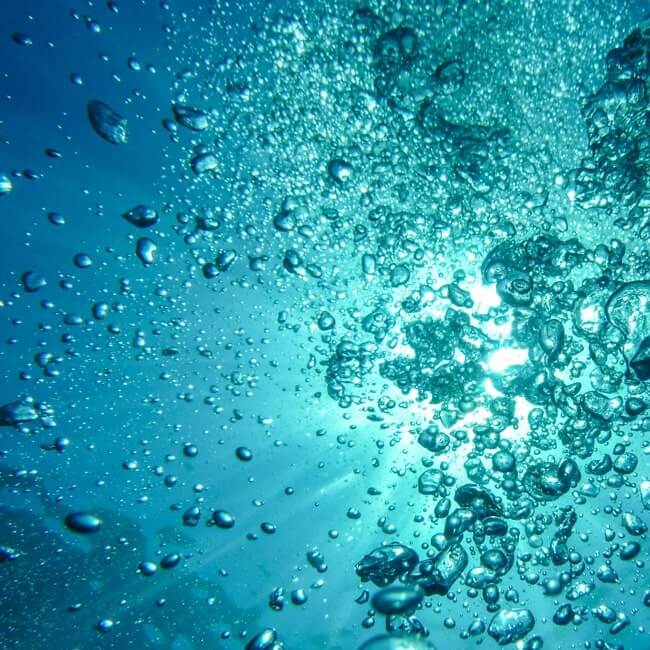Expert: CDM markets durable despite financial crisis, low oil prices
Subscribe to the leading business intelligence platform in Latin America with different tools for Providers, Contractors, Operators, Government, Legal, Financial and Insurance industries.
News in: Water & Waste

Paraná water utility sets date to tender US$580mn PPP contracts
The auctions for the three Sanepar contracts come only weeks before another important operation in the water and sanitation sector – the privatizat...

What does the IFC expect from Chilean mining companies that invest in desalination?
BNamericas speaks with Nayve Martínez, senior investment officer at the International Finance Corporation, about the new generation of desalination...
Subscribe to Latin America’s most trusted business intelligence platform.
Other projects in: Water & Waste
Get critical information about thousands of Water & Waste projects in Latin America: what stages they're in, capex, related companies, contacts and more.
- Project: Conduction of the Machado - Volador aqueduct
- Current stage:

- Updated:
2 weeks ago
- Project: Tinallo Valley Wastewater Treatment Plant (PTAR Calderón)
- Current stage:

- Updated:
2 weeks ago
- Project: H2 Magallanes project
- Current stage:

- Updated:
2 weeks ago
- Project: Rositas hydro plant
- Current stage:

- Updated:
2 weeks ago
- Project: Telêmaco Borba hydroelectric plant
- Current stage:

- Updated:
2 weeks ago
- Project: Las Placetas Hydro Complex
- Current stage:

- Updated:
2 weeks ago
- Project: Gran Tulum aqueduct
- Current stage:

- Updated:
2 weeks ago
- Project: Tecolutla - Necaxa Aqueduct
- Current stage:

- Updated:
2 weeks ago
- Project: Manuel Piar Hydro Plant (Tocoma - Bajo Caroní)
- Current stage:

- Updated:
2 weeks ago
- Project: Quito Wastewater Treatment Plant (Quito River Decontamination Program)
- Current stage:

- Updated:
2 weeks ago
Other companies in: Water & Waste
Get critical information about thousands of Water & Waste companies in Latin America: their projects, contacts, shareholders, related news and more.
- Company: Consorcio Saneamiento Lima Sur
- Company: WEG Equipamentos Eletricos S.A. (WEG Brasil)
-
The description included in this profile was taken directly from an official source and has not been modified or edited by the BNamericas’ researchers. However, it may have been...
- Company: MSI Grupo
- Company: Capta Hydro SpA
- Company: Consorcio Cadebac S.A., de C.V.





